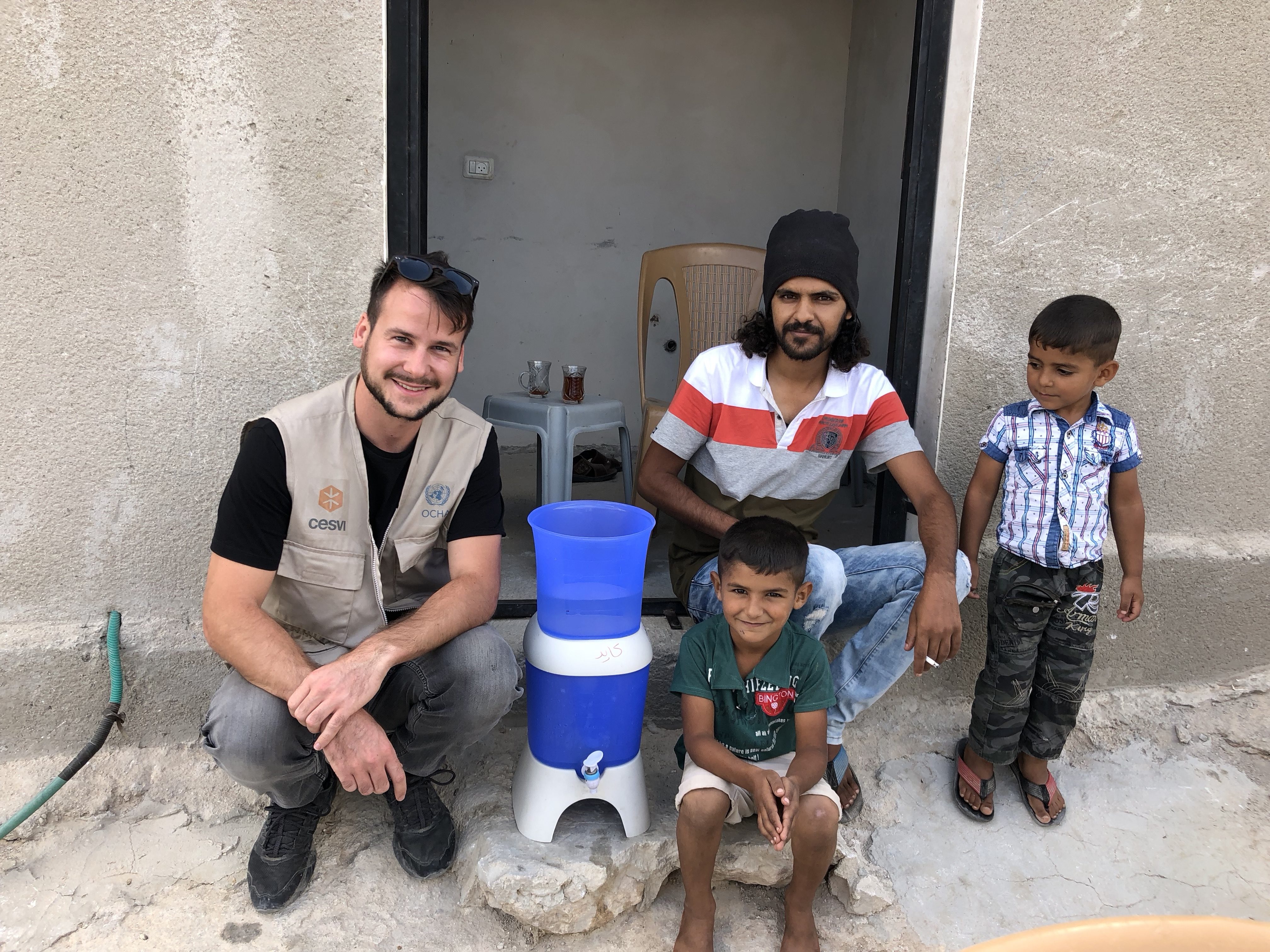Displacement and damages to water supplies and sanitation systems during emergencies dramatically decrease the access to safe water and the possibility to implement adequate hygiene practices. The result is an increased vulnerability of the population who, in addition to the unsafe conditions experienced during the emergency, are exposed to an increased risks of water-related diseases.
In Palestine, Cesvi in collaboration with the University of Applied Sciences and Arts Northwestern Switzerland (FHNW) conducted a research to test and evaluate 5 types of household water filters to use in emergency contexts. The ultimate goal was to provide feedback to manufacturers’, so that the filters on the market could be made more effective in emergency contexts. The same research was implemented by Cesvi in Somalia and CARITAS Switzerland in Kenya.
The results of the research conducted in Palestine and Kenya will be presented during a workshop at Eawag in Dübendorf, Switzerland on February 11th, 2019. Participants will be asked to contribute in prioritizing filter features based on the results and personal experiences of the participants, and discuss implications for manufacturers. As a practical output of the workshop, a better filter will be designed by participants and researchers.
More information available here.
The project is funded by the Humanitarian Innovative Fund – Elrha.
